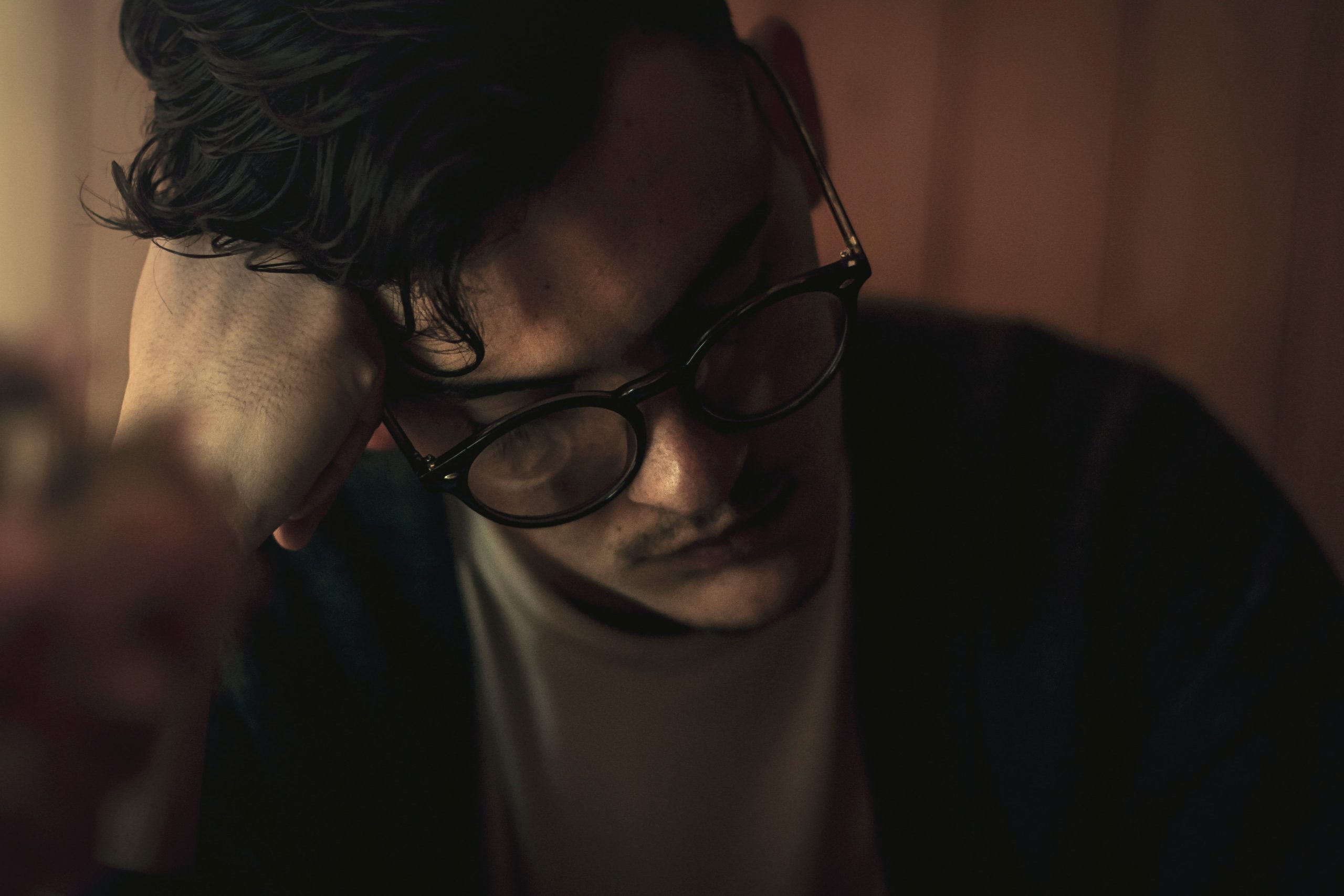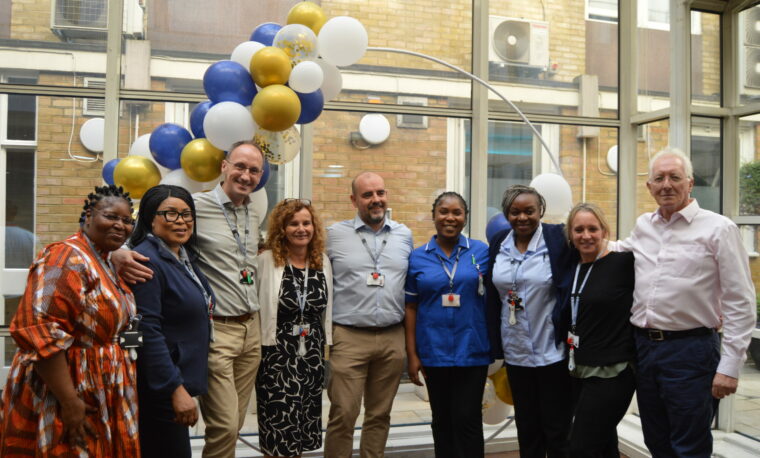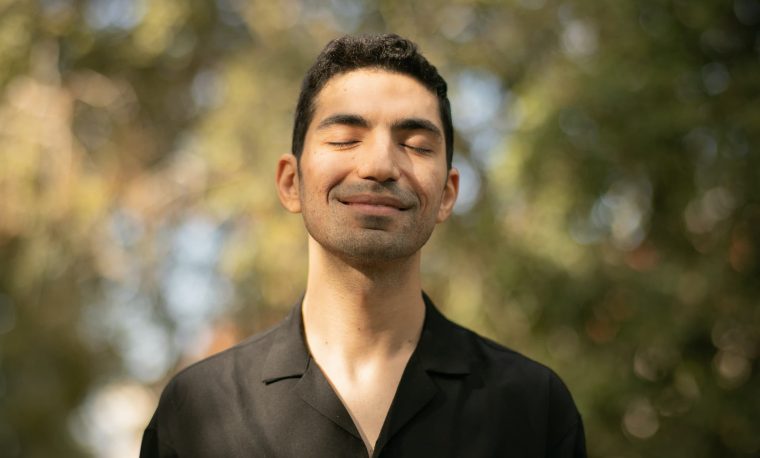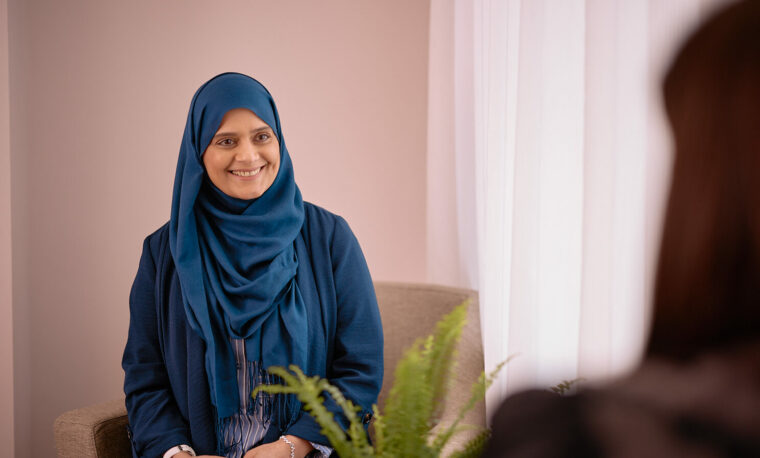What are sex and love addictions?
Sex and love addiction is a widely misunderstood intimacy disorder. Although they both share characteristics and are often grouped, they are distinctly separate disorders. Like all addictions, the negative impact on the addicted person and their loved one’s increases as the disorder deepens. Usually, a person will have to intensify their addictive behaviour to achieve the same ‘rush’; usually resulting in significant emotional, psychological, and sometimes physical destruction.
Sex addiction or compulsive sexual behaviour disorder
Human sexual behaviour is a normal and healthy aspect of life. Sexual desires, thoughts and urges are of course a natural part of the human experience. However, like any addiction to a behaviour or substance, for some, it can become an all-consuming obsession that can lead to compulsive behaviours, destructive patterns and catastrophic outcomes.
Sex addiction is categorised by the compulsion of sexual thoughts, fantasies and sexual impulses, regardless of any negative consequences this may have on physical, mental or life circumstances. Also referred to as ‘compulsive sexual behaviour disorder’ sex addiction may manifest as compulsive masturbation, compulsive relations with multiple partners, including strangers, extensive use of pornography, or phone or computer sex services.
Signs of sex addiction
Some signs of sex addiction may include:
- An obsession with sex, including sexual thoughts, memories, fantasies to the extent of overwhelming and constant preoccupation
- Excessive use of pornography, including sex chat lines and sex webcams
- Compulsive masturbation (self-stimulation)
- Numerous sexual partners, including numerous affairs whilst in a relationship
- Unsafe sex
- Exhibitionism and/or voyeurism (watching others)
- Use of sex workers or sex work
- Isolation
- Inability to maintain relationships
- Moodiness including irritability, tiredness, depression and anxiety
- Avoidance of couple, family and other social responsibilities
- Avoidance of sex with a partner or significant other
- Increasing secrecy and deceit (especially towards a partner or significant other)
Understandably, partners of those struggling with sex addiction will be impacted by their partners’ secretive behaviour, experiencing stress and anxiety symptoms. In addition, finding out about their partners’ compulsive sexual behaviours can be extremely painful. In either of these circumstances, therapy can also be beneficial to support the family member.
Love addiction
Love addiction is an addiction to the ‘rush’ of being in a romantic relationship or ‘in love. Loving, caring and thinking about your romantic partner are all normal feelings of being in love. Similarly, so is the neurochemical ‘rush’ that occurs when you meet someone new and feel an instant romantic connection with. However, love addiction is an attachment disorder that surpasses these normal behaviours and emotions. As with all addictions, love addiction becomes a compulsive obsession where the person is likely to neglect themselves, focusing wholly on their significant other. Those suffering from love addiction will feel an all-consuming need to love and be loved, and will usually be to the detriment of not only themselves but also others around them. When they are not in a relationship, they tend to feel incredibly lonely and will go to great lengths to form a romantic relationship to fill a ‘void’.
Signs of love addiction
Some signs of love addiction may include:
- Constantly craving a romantic relationship
- Finding it emotionally unbearable to be alone
- Staying with a person or settle for a person that doesn’t feel completely right to avoid being alone
- Using sex and fantasies to fill the loneliness, particularly about the perfect relationship or the perfect partner
- Mistaking sexual/romantic intensity for genuine and long-term love
- Feeling unfulfilled, unhappy, restless and frustrated when the initial ‘rush’ of a new romance has faded
- Seeking partners who are emotionally unavailable or abusive
- Constantly breaking up and returning to the same person
- Neglecting interests, hobbies and other friends in an effort to please a partner
Co-dependency
Co-dependency and love addiction are widely used interchangeably, but they are different in that co-dependency can happen with any relationship in a person’s life, and not necessarily a romantic relationship.
Just like with love addiction, the co-dependent person will experience a significant amount of distress but remain in a relationship.
Signs of co-dependency
Some signs of co-dependency may include:
- Inability to find satisfaction in their own life outside of a specific person (including a family member, friend or romantic partner)
- Staying in a relationship despite having recognised unhealthy behaviours in the other person (including making excuses for the other person)
- Supporting the other person at the cost of their own mental, emotional and physical health
- Feeling like they don’t have self-sufficiency or autonomy
Treatment for sex addiction, love addiction and co-dependency at Nightingale Hospital
Our approach to treating sex addiction, love addiction and co-dependency includes individualised treatment programmes, with evidence-based therapies conducted by experts. You may get treatment for sex addiction, love addiction and co-dependency at Nightingale Hospital as an outpatient, day patient or inpatient.
Therapies
We treat sex addiction, love addiction and co-dependency using an integrative approach, which includes elements of Cognitive Behavioural Therapy (CBT), Motivational interviewing (MI) and motivational enhancement therapy (MET), Interpersonal Therapy (IPT) and Twelve-Step Facilitation. We consider biological, psychological and social factors in our sex addiction, love addiction and co-dependency programmes.
We also treat any co-existing conditions such as depression, anxiety etc.
Aftercare
Avoiding relapse is the greatest challenge with addiction, so we offer a step-down programme to our addictions daycare, individual counselling and free aftercare groups post inpatient treatment to sustain motivation for living addiction-free.
Family support groups
Those nearest to the sufferer often blame themselves, going through a range of emotions from despair, depression and guilt to anger and frustration, leaving them exhausted and having difficulty coping, as well as feeling powerless in how to deal with the situation.
Research has shown that the involvement of families in the treatment process greatly increases the prospects of a person’s recovery.
Addiction monthly free family day
Our addictions family day takes place once a month and is led by an addictions and family specialist therapist. It consists of two groups.
One group is for family and partners only. It will offer them education in not only how to deal with the addicted person, but also how to safeguard themselves in this difficult situation. This can allow you to help your loved one in a healthy way while still being able to lead your own life.
The other group is to bring together the families and partners and the addicted person. It gives the addicted person the opportunity to learn how their addiction has affected family members and partners. It gives a forum for them both to express their thoughts and feelings.
Addiction weekly family free support group
Family support groups are aimed at families, partners and friends of people suffering from an addiction problem. When these problems arise, it can have a devastating effect on those who are close to the person. The Family Support Group is there so that you do not have to go through this alone.
Free telephone consultation
We offer a free telephone consultation to determine if addiction treatment would be right for you or a loved one. Complete the form below and a member of our expert addictions team will be in touch to arrange an appointment.










